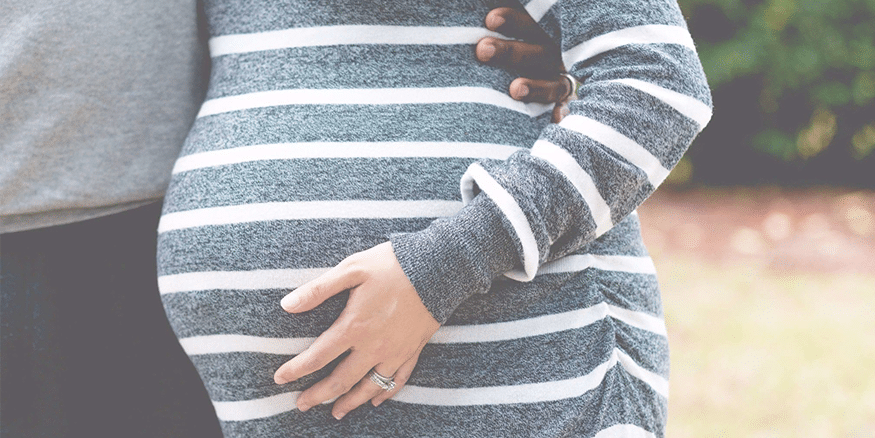
Could Pregnancy Be Good for Inflammatory Bowel Disease?
Do you have inflammatory bowel disease and are worried how this might affect your ability to have a healthy pregnancy? Researchers in Europe have revealed that pregnancy might actually be good for you.
In a 2006 study, published in the American Journal of Gastroenterology, researchers looked at the relationship between IBD and pregnancy. Inflammatory bowel disease is a term that generally refers to two diseases of the digestive tract: Crohn’s disease (CD) and ulcerative colitis (UC). These two diseases often affect patients of childbearing age.
While there are many studies regarding the effects of IBD on pregnancy, there is little documentation regarding the effects of pregnancy on IBD. Prior studies have shown that if pregnancy occurs during a period of CD remission, then about one-third of patients will relapse during pregnancy, a rate similar to the rate for non-pregnant CD patients over a nine-month period. However, if pregnancy occurs during active disease, then two thirds will have persistent activity and, of these, two-thirds will get worse.
Fertility decreases for patients with active Crohn’s disease, and for patients with ulcerative colitis following pouch surgery. If CD is inactive, fertility remains the same as the non-IBD population. A diagnosis of IBD increases a woman’s chance of spontaneous abortion to 13% compared with 6.5% in the non-disease population. Previous reports have shown that active disease increases the incidence of fetal loss, still birth, pre-term delivery, low birth weight, and developmental defects.
This study comprised a screened group of 316 female patients (110 with CD and 206 with UC) from an original cohort of 2,201 people diagnosed with IBD, enrolled in European medical centres in the early nineties, and followed for more than ten years.
In all, 266 women reported 580 pregnancies and close to 72% of these women had their first pregnancy before their IBD diagnosis. The remaining 50 women did not report any pregnancies, stating that they never intended to become pregnant.
Almost half of the women were taking medication at the time of conception or during the pregnancy – mainly 5-ASA and corticosteroids. The number of birth defects was low. Only a few women were taking immunomodulators, therefore the authors could draw no conclusions in this study regarding the safety of these medications during pregnancy.
Delivery by Caesarean section (C-section) was significantly higher among pregnancies occurring after an IBD diagnosis: 28.7% of these deliveries were by C-section whereas only 8.1% of deliveries occurring before IBD diagnosis were via C-section. However, over this time, the general population also saw an increase in the frequency of C-sections. For CD patients with active perianal disease, a C-section is the medically recommended delivery route whereas vaginal delivery is generally safe for UC patients who have had ileoanal pouch surgery, provided this mode of delivery does not damage the anal sphincter.
For Crohn’s patients, pregnancy had no effect on blockages or narrowing of the intestinal tract, called stenosis, nor did it affect the need for surgery.
Women, both in the CD and UC group, experienced fewer flare-ups during pregnancy and the postpartum period than woman with CD and UC who were not pregnant, with those having CD showing the greater reduction in flare-ups. A flare-up is defined as a hospital consultation for increased disease activity warranting adjustment in medication or surgical intervention.
The authors suggest that the positive effect of IBD on patients during pregnancy and the postpartum period could be due to a more intensive effort on the part of the health care team to keep the woman in remission during pregnancy and beyond in an endeavour to prevent premature and small-for-date children. However, the researchers also postulated that pregnancy could have a positive effect on the immune system, supported by evidence that medication use was similar during pre-pregnancy, pregnancy, and postpartum periods, and yet the disease course improved. Further research is necessary to validate these results. The study authors caution that this was a retrospective data collection study and is therefore subject to the patients’ recall biases.
In conclusion, if you have inflammatory bowel disease and want to have children, this study – and others before it – shows that the disease does not have a negative effect on pregnancy nor fetal development and suggests that pregnancy might even be good for the disease course. A word of caution – the pregnancy and postpartum time will fare better if your disease is in remission at the time of conception.

